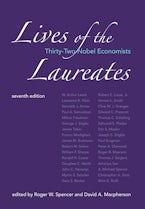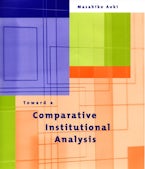In this book the authors provide a new treatment of international taxation, one that focuses on the interactions between fiscal policies of sovereign nations and the magnitude and directions of international capital and goods flow in an integrated world economy.
The ongoing process of increased integration of national economies, culminating in the single European market of 1992, still leaves as virtually separate the national fiscal systems. In this book international economists Jacob Frenkel and Assaf Razin join forces with public finance economist Efraim-Sadka to provide a new treatment of international taxation, one that focuses on the interactions between fiscal policies of sovereign nations and the magnitude and directions of international capital and goods flow in an integrated world economy. They unfold a lucid and clear analysis of the implications of tax competition, tax harmonization, capital flight, external imbalances, and the terms of trade for the design of efficient national tax systems. The book extends concepts developed in Frenkel and Razin's Fiscal Policies and the World Economy and includes a theory of taxation in an open world economy. International Taxation in an Integrated World presents the stylized facts and concepts and outlines the main issues of international taxation and the implications for the international movements of goods and capital. It reviews the principles of international taxation and international macroeconomics, analyzes the international transmission of various tax and budget policies, and provides a rigorous analysis of optimal open economy tax policy in an integrated world economy. Special emphasis is placed on the interdependence between direct and indirect taxes and on the international allocation of saving, investment, and production.












